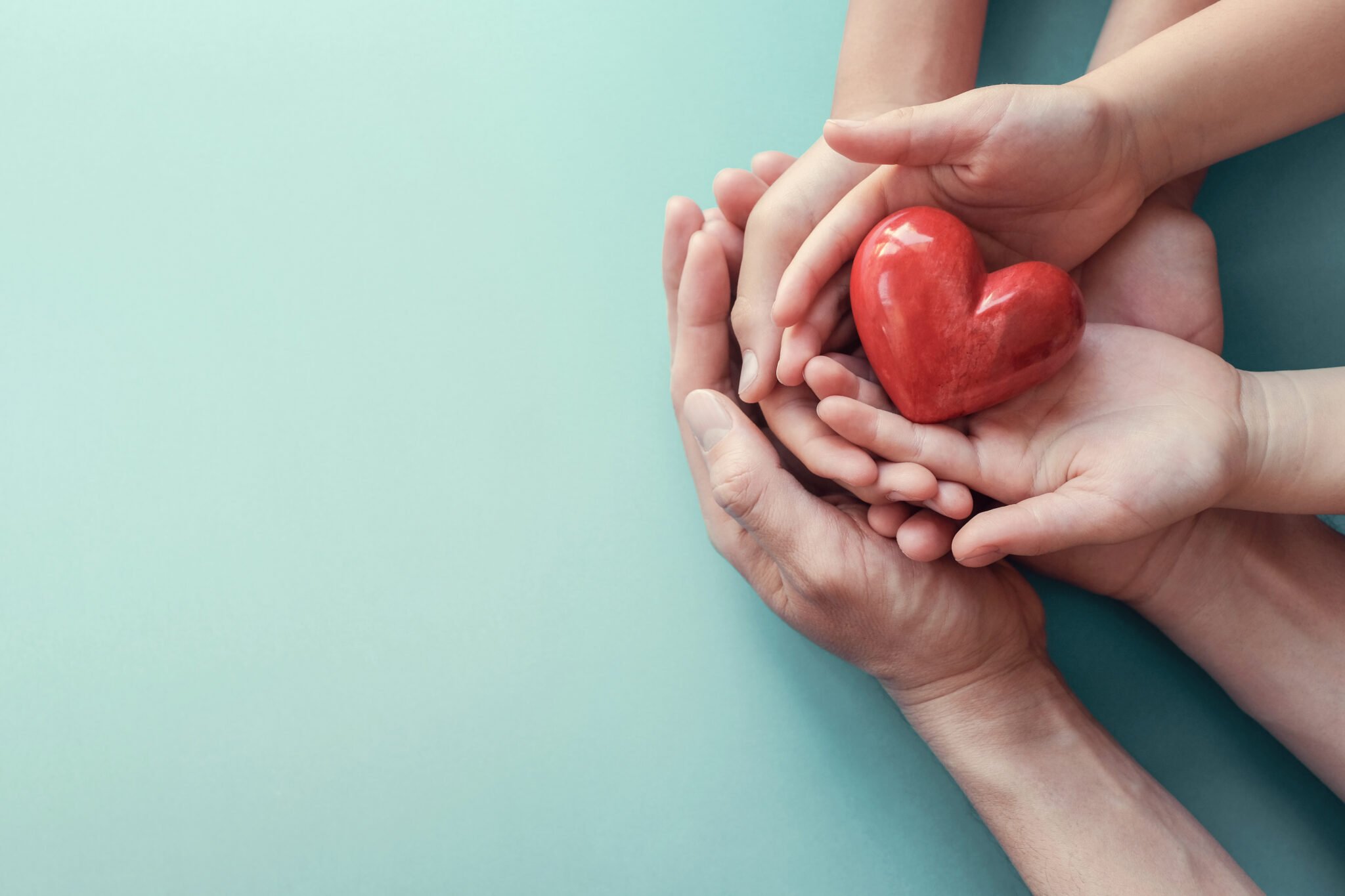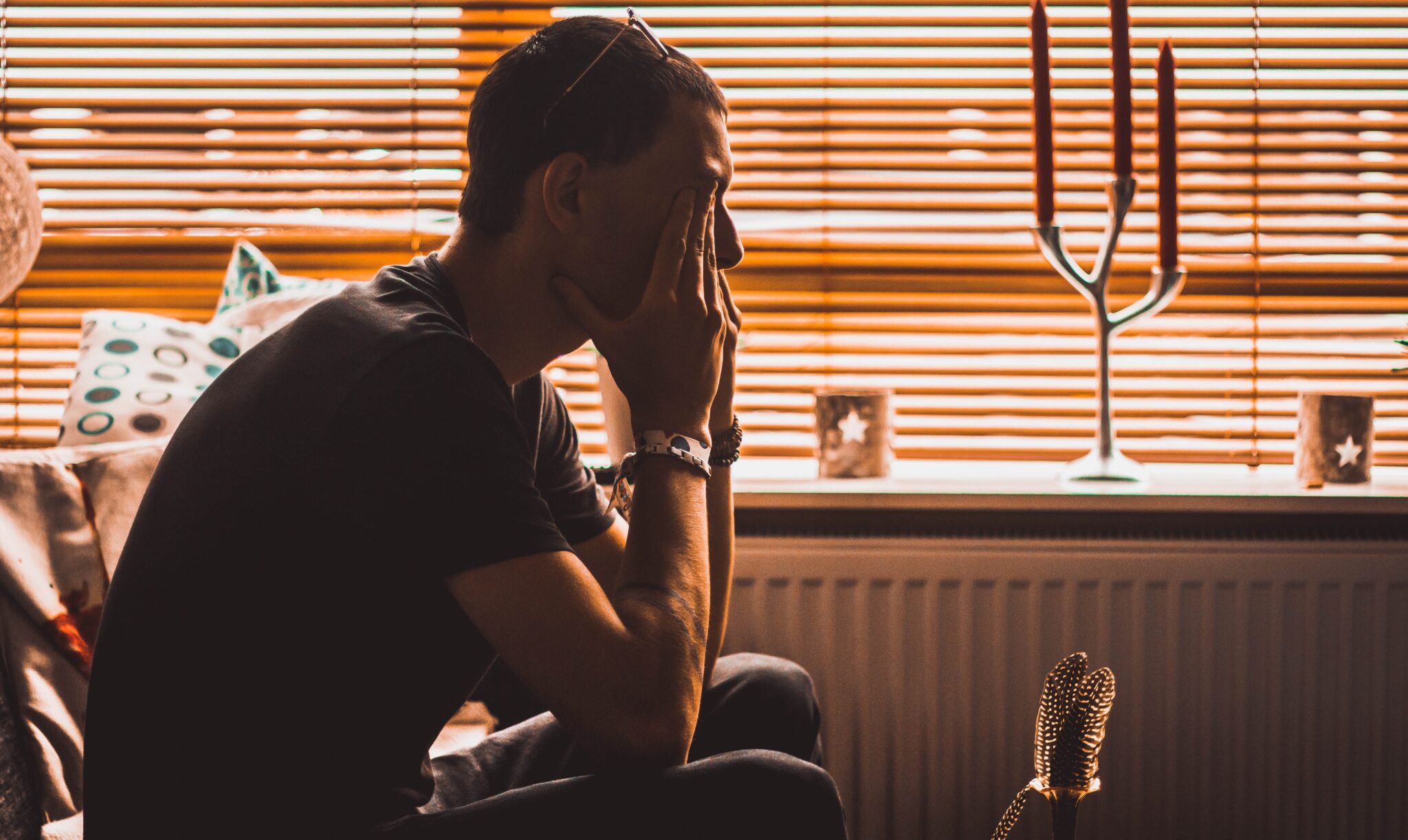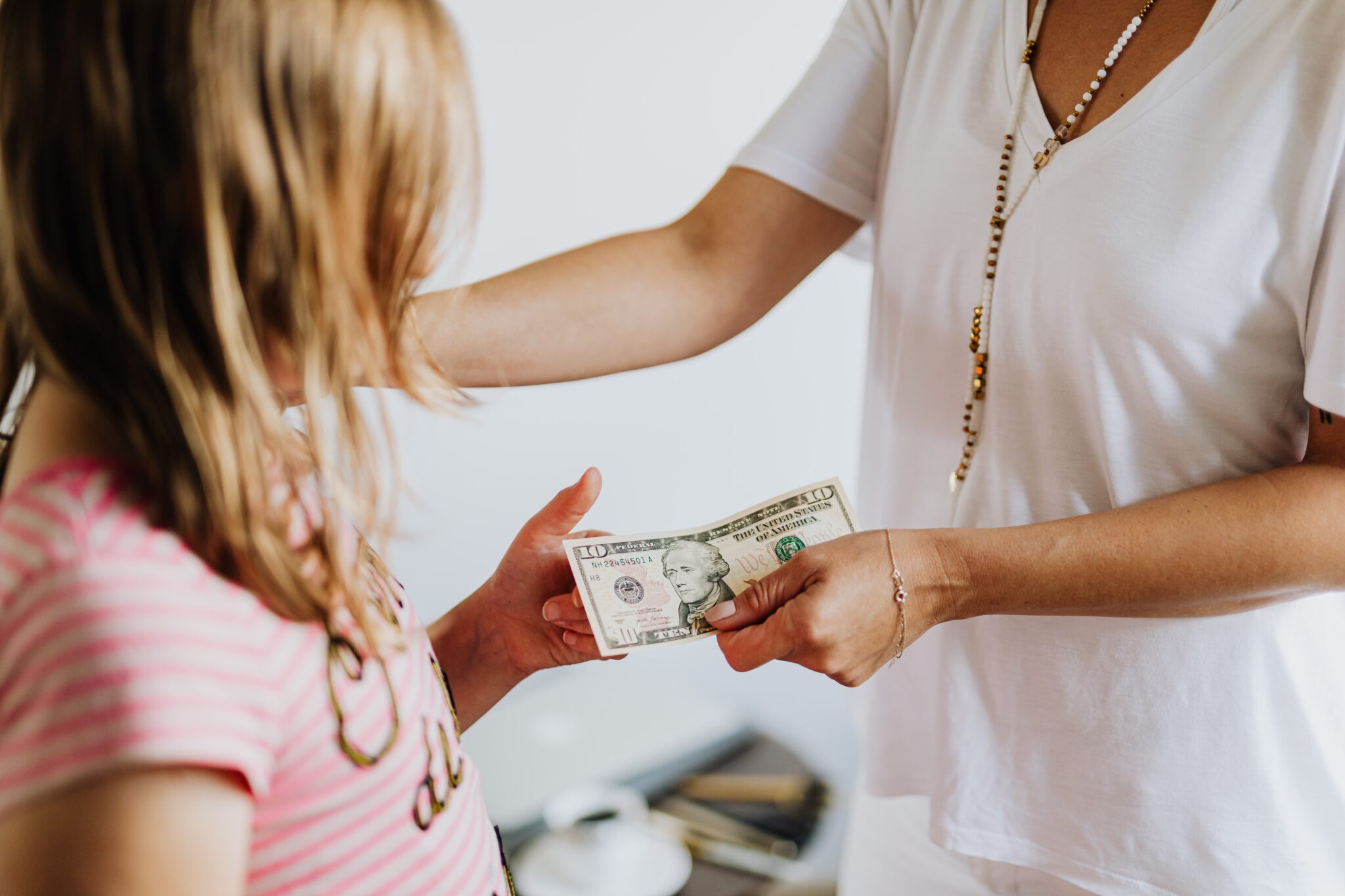We already realize that fall—like pretty much everything else—is off kilter this year. One of the aftershocks we face from COVID-19 is yet more adaptation and recalibration: For many, sports fields, courts, arenas and stadiums sit empty—or at least without fans—back to school is back to Zoom and time drags on through the pandemic as we continue to sort out our new normal in the new season.
With the arrival of fall, we typically would start thinking ahead to the holidays. How will Halloween work this year? We imagine that few communities will allow door-to-door trick-or-treating. Can we hand out candy if we can’t see trick-or-treaters in person? Will kids still want to dress up in costumes if they have nowhere to wear them? When Halloween is behind us, thoughts will turn to Thanksgiving, Hanukkah, Christmas and Kwanzaa. We may be forced to resort to virtual family holiday dinners and gift exchanges, which, frankly, for some is likely getting tiresome and depressing—especially for those who live alone and look forward to time with family. For those who’ve moved in with relatives, such as young adults who’ve been forced back home with their parents, more time with family may be a curse. And imagine the pain of those who have lost a loved one this year.

The counter has ticked over to almost 221,000 Americans lost to COVID-19 in less than eight months. The National Academy of Sciences estimates that each person who dies leaves an average of nine relatives behind. That cause of death alone accounts for nearly 2 million people in this country who will be grieving over the holidays.
And it’s all taking its toll, individually and collectively. Medical professionals are seeing an epidemic of mental health issues. This spring, a poll by the Kaiser Family Foundation showed that COVID-19 was harming the mental health of nearly half of all American adults, who reported a stark increase in anxiety and depression, which The Washington Post termed “a nationwide psychological trauma.” That same poll found that for almost 1 in 5, the pandemic was having a “major impact.”
The Wall Street Journal, citing U.S. Census Bureau data, agreed that the number of people reporting anxiety or depression spiked during the pandemic, rising 40.9 percent by mid-July. A similar national survey from the first half of 2019 put that number at 11 percent, it reported.

Months later, some people are back to work, and things are returning to some sense of normalcy. At the same time, in many parts of the country cases are spiking. With the cold weather upon us, we are all bracing for what might be a very difficult fall and winter. This will in turn lead to more stress, anxiety and depression for thousands of Americans.
Many middle-class families who’ve never faced critical financial difficulties are on the brink of ruin, with little hope in sight for a recovery, The Wall Street Journal reports. Millions across a range of industries have lost their jobs or have been furloughed.
Worries about illness, fractured family gatherings, finances, mental health challenges, grief: These are aftershocks we must deal with now, and our systems, our hearts and our psyches may struggle to resolve them.
I read a story in The Washington Post recently that quoted Dr. George S. Everly, a clinical psychologist and professor of international health in the Center for Humanitarian Health at the Johns Hopkins Bloomberg School of Public Health about what mental health experts term psychological first aid (PFA). “These are life skills—[and] psychological first aid is even more essential in times such as a pandemic,” he said in the article. I was so intrigued that I followed up with a conversation with Dr. Everly to learn more about how we can better care for ourselves and each other by practicing PFA.
Speaking to Dr. Everly is such a treat and there are so many insights to glean. In a recent conversation with Dr. Everly, he mentioned something simple yet profound. Instead of thinking of “social distancing,” we should think of “physical distancing”—we are physically distanced but socially connected.
The World Health Organization describes elements of PFA as helping people with basic needs, such as food and water, comforting and calming people, listening to them, connecting people to services and help and protecting people from further harm.
For many, it can be helpful to step away from stressors like the news and social media, and instead take time for a walk, a good book or a conversation with an old friend. It is making sure that we’re eating healthy foods and getting enough rest. And it’s treating ourselves with care and compassion and understanding that what we’re feeling is probably entirely normal.
PFA does not replace medical treatment or counseling, but—especially in the moment—it can be what helps someone breathe a little easier through another day, or another emotional holiday. Now, more important than ever, we must pay extra attention and care for each other and ourselves. This is part of the new normal that we should all embrace.







